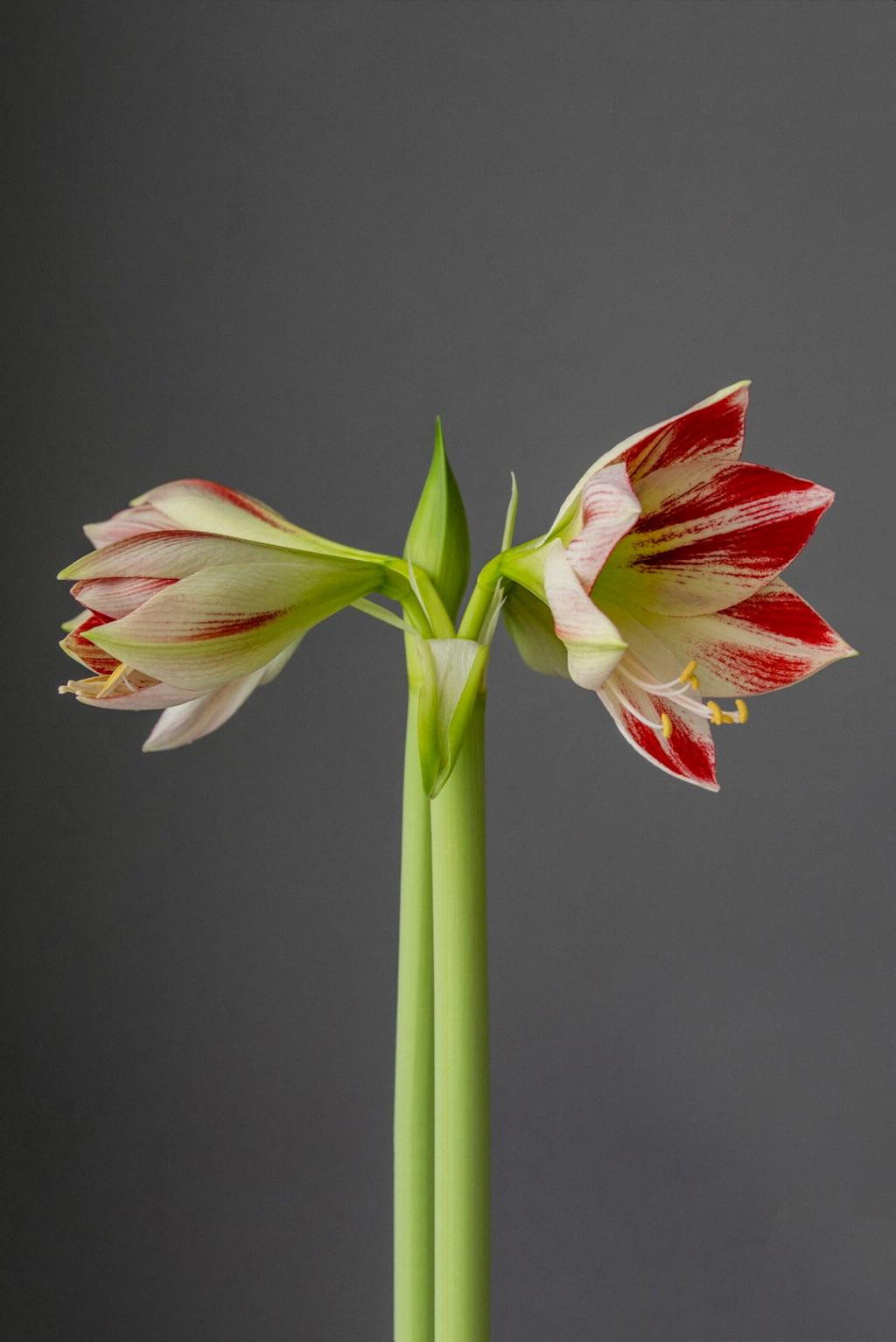Yes, Amaryllis is indeed toxic to cats. According to the ASPCA, this beautiful flowering plant falls under the category of toxic plants for both cats and dogs. While not as harmful as lilies, which are known to be extremely toxic to cats, Amaryllis can still pose a serious threat to your feline friend if ingested.
The toxicity of Amaryllis to cats is due to the presence of a toxin called lycorine. Lycorine is an alkaloid that is commonly found in plants belonging to the Amaryllidaceae family, to which the Amaryllis plant species belongs. When a cat consumes any part of the Amaryllis plant, it can lead to a range of health issues and symptoms due to the toxic effects of lycorine.
It is essential for pet owners to be aware of the potential dangers that Amaryllis poses to their cats. Even a small nibble on the leaves, stem, or flowers of the Amaryllis plant can result in adverse reactions in cats. Symptoms of Amaryllis toxicity in cats may include vomiting, diarrhea, drooling, abdominal pain, lethargy, and even more severe complications in some cases.
If you suspect that your cat has ingested any part of an Amaryllis plant, it is crucial to seek immediate veterinary assistance. Prompt treatment can help mitigate the effects of the toxic compounds in the plant and prevent further harm to your beloved feline companion. Delayed or inadequate treatment can exacerbate the situation and put your cat’s health at risk.
Prevention is key when it comes to keeping your cat safe from toxic plants like Amaryllis. Ensure that Amaryllis plants are kept out of reach of your pet, especially if you know that your cat has a tendency to nibble on greenery. Consider opting for cat-friendly houseplants that are non-toxic and pose no harm to your furry friend, creating a safe environment for them to roam freely without any potential risks.
It is advisable to educate yourself on the common plants that are toxic to cats and take necessary precautions to avoid any accidental ingestion by your pet. By being proactive and informed, you can help safeguard your cat’s well-being and prevent any unwanted health issues that may arise from exposure to toxic plants like Amaryllis.
Remember, the safety and health of your cat should always be a top priority. Being mindful of the potential dangers posed by certain plants can go a long way in ensuring that your feline companion stays healthy and happy. Take the necessary steps to create a pet-friendly environment that promotes their well-being and keeps them safe from any harm.

